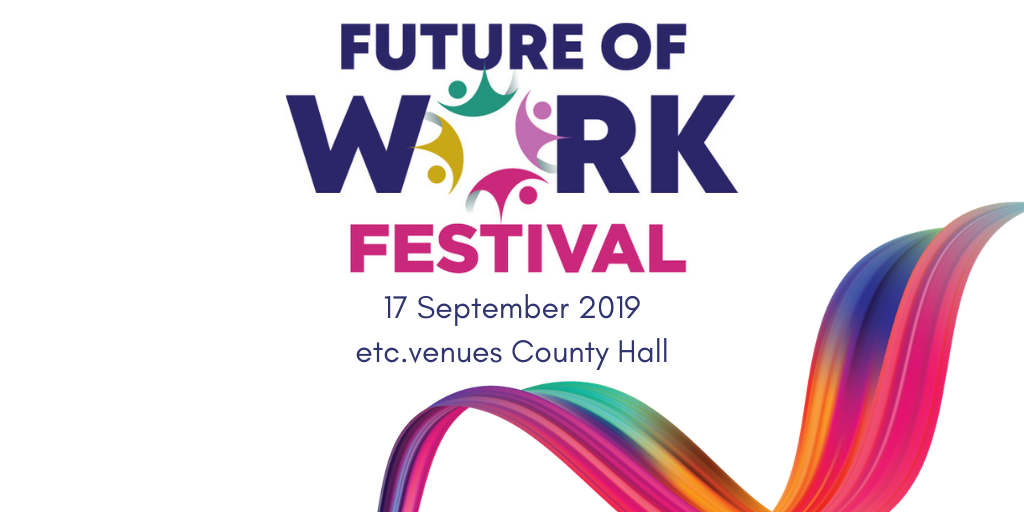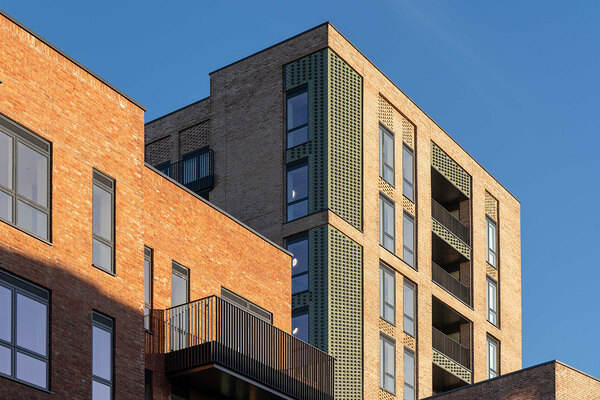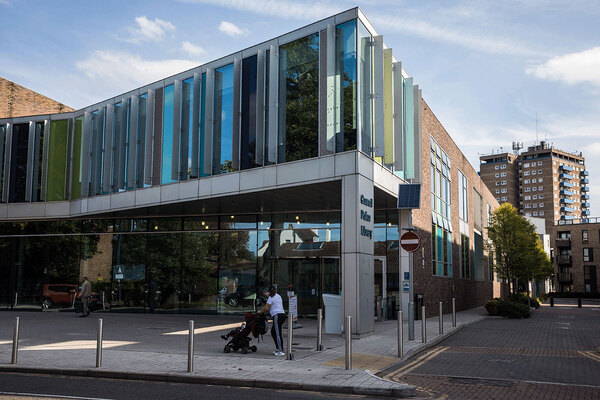You are viewing 1 of your 1 free articles
Why landlords must do less, not more, to offer a good service
Keeping things simple and focusing on doing a few things well is the way to keep your residents happy, says Paul Taylor
One of the perennial debates that goes around in housing circles is “should housing association residents be regarded as customers or tenants?”.
It’s a debate I no longer take part in.
Whatever the argument about the correct nomenclature, whether you’re a tenant, shared owner or leaseholder, you are paying for a service.
That gives you an entitlement to expect quality and professionalism to an agreed standard. You’re a buyer, even if you don’t have choice over from whom you buy.
And if you are a buyer, you’re also a customer – a customer whose expectations are likely to be rising.
Historically, customers had fairly basic demands such as quality and fair pricing. But today we have much higher expectations, such as proactive service, personalisation and connected experiences across multiple channels.
Indeed, a recent report from a group of housing associations found that more than four out of five social housing residents said they expect the same level of service from their landlord as they do from other companies like Amazon.
Well colour me surprised, there was I thinking social housing residents exist in a parallel universe where the shops are only open between nine and five and are closed all day on Sundays.
Thirty years after First Direct showed that even banks can become customer centric, it’s quite alarming that this can be news to the sector.
Perhaps I’m being unfair, but in an industry awash with awards schemes recognising excellence, you’d think customer satisfaction would be soaring to hitherto unseen heights. But that’s clearly not the case.
As Shaun Holdcroft wrote for Inside Housing, social housing residents are nearly three times more likely to experience a problem when making a basic enquiry, compared with the average customer.
There’s seemingly a disconnect between the flattering annual reports, press releases, customer satisfaction scores and benchmarking results, which are often designed to tell a positive, on-message story, and the actual experience of people accessing services.
Digital technology and social networks have profoundly changed the rules around consumer expectations and that requires a complete change of behaviour.
“There’s seemingly a disconnect between the flattering annual reports, press releases, customer satisfaction scores and benchmarking results and the actual experience of people accessing services”
Ten years ago, only 17% of us owned a smartphone. Today that figure is nearly 80%. The phone is now the hub of our daily lives – transforming the way we interact with services. It’s driven us to crave ever-greater simplicity.
We expect to do the things we need to do on the go, at any time of the day. What were once cumbersome tasks, we now expect to be able to perform in seconds rather than hours.
One reason for the huge success of Amazon is the fact that it has solved problems for us that we need to be solved, and it has made what was once complex very simple.
So why is that hard for housing associations?
Most of the problems we were set up to solve were relatively simple.
But as we get older, and larger, there’s more process, more technology and more people. We put together controls, reviews and structures to deal with all these things.
All of these factors together create a great amount of complexity.
Simplification requires a great deal of skill. It’s a lot easier to make a simple thing complex than it is to make a complex thing simple.
The problem for many housing associations is we’ve simply strayed too far from our original purpose and tried to do too many things.
“The best organisations don’t try and do everything. They focus on a few differentiating capabilities”
No organisation, large or small, can manage more than five or six goals and priorities without becoming unfocused and ineffective.
The best organisations don’t try and do everything. They focus on a few differentiating capabilities.
Doing less, not more, requires a cultural shift. It involves finding your ‘irreducible core’ of services and then constantly refining and innovating against it.
We live in challenging times where we often seek to make sense of the world through the creation of more structure.
We respond by adding new reports, new rules and new processes to master complexity.
However, all this does is make things more complicated and hinders our performance.
How do you make your customer services simpler? You can start by simplifying your organisation.
Paul Taylor, innovation coach, Bromford
Future of Work Festival
New for 2019, Inside Housing’s Future of Work Festival will bring together HR and organisational development professionals from the housing sector to discuss and explore the challenges of how to successfully evolve towards the working environment of the future.
Seize this opportunity to rethink your workforces and workplaces by reconsidering the roles of individuals, organisations, automation technology and how society will approach work.
Assess and benchmark your business strategy with the leaders in the housing sector:
- Defining the Future of Work: what does it look like, what will be the implications, how do you rethink your workforce strategy?
- How to embed Electronic Data Interchange into your workforce, attract the widest pool of talent, be authentic and innovative, keep your workforce happy and productive, and position your brand
- Identifying, assessing and closing the skill gaps: what skills will be required in the future and how do you prepare for the undefined?
- Appealing to and maintaining a multi-generational workforce: how to address differing career aspirations, expectations, behaviours and values
- How best to implement the best tech, for example, big data, artificial intelligence, automation, blockchain and the Internet of Things. How will this change workplace skills and wages? How do you evolve towards a ‘STEMpathetic’ workforce?
- Providing your HR and OD department with the right skills and toolkits to revise talent, organisational structures and business models. Be social and environmentally friendly, and data driven – investing in disruptive tech, skills training and ethical use of tech
- Promoting well-being and employee experience
- Introducing training and learning as part of the career path
- Embracing agile working – understanding how flexible and alternative working arrangements can boost productivity
The festival will take place on 17 September, at Westminster Bridge, County Hall in London.
Related stories













